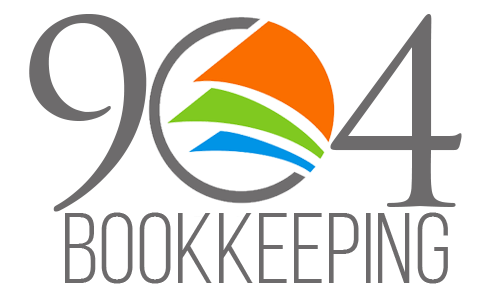Real estate bookkeeping entails accurately and promptly recording the information. It is essential to properly categorize all the information in real estate bookkeeping in order to precisely comprehend the income and expenses. More time must be set aside for real estate bookkeeping, and periodic checks are also necessary. A bookkeeper must understand the laws necessary for real estate bookkeeping, then only he can undertake it. Keep reading to find out the 4 typical bookkeeping errors made by real estate professionals.
Erroneous Categorization of Employees
Real estate firms employ varied staff for diverse roles. For the sale of commercial properties, there could be commercial brokers. For building inspections, there may be home and building inspectors.
A loan underwriter could be available for assessing the reliability of the buyer. A mortgage underwriter may also be present to examine mortgage-related concerns. Additionally, an analyst who performs financial research and values properties might exist. A property appraiser may be hired to assess the exact value of the properties.
As a result, it’s important to appropriately classify the staff. Taxes can only be calculated correctly if employees are properly categorized.
Not taking Small Expenses into Account
While doing bookkeeping, all expenses, including transportation costs, must be taken into account. A real estate developer may incur numerous small expenses as they start from scratch. They pick a plot of land, build structures on it, and then sell, rent, or lease the finished product. This includes numerous processes and also adds a lot of operations that must be handled after the property is constructed. Therefore, it is necessary to save and account for all of the bills.
Additionally, numbering and saving the bills will make it easier to review the information if there are any discrepancies. Property management companies are typically hired in the case of large properties for showing the property to tenants, collecting rents, maintaining, painting, and tenant management. Therefore, this must be considered while performing bookkeeping for the real estate sector.
Complicating Tax-Payments
When performing bookkeeping, it is necessary to take the tax payment deadlines into consideration. If accurate records are not kept, there will not be enough time for rectification and maintenance, making timely tax payments impossible.
Additionally, taxes vary depending on the type of expenses. There won’t be taxes on all kinds of expenses. Therefore, in order to properly calculate taxes, it is important to take these challenges into account.
Improper Categorization of Details
It is crucial to classify various sources of income and expenses correctly. Fewer categories mean that the information cannot be accurately recorded. There will be more work and added confusion if there are numerous categories.
Assets, liabilities, equity, income, cost of goods sold, and costs are the primary categories that are required. Other categories, such as “residential” and “commercial”, can be included, but “capital expenses” such as refurbishing your office, can be directly included in “assets”, instead of adding a separate category. Correct categorization is vital for the appropriate management of accounts.
Conclusion
A thorough analysis of income and expenses is essential for effective cash flow management, which is best handled by a professional bookkeeper. Avoiding professional bookkeeping can negatively impact finances.
At 904bookkeeping, we offer certified real estate bookkeeping services, covering everything from account setup to payroll management and financial statement creation. Contact us at 702-210-2699 for QuickBooks bookkeeping in Miami, Orlando, Tampa and St. Petersburg, for both in-person and online bookkeeping services.




